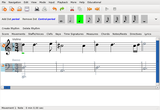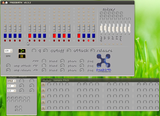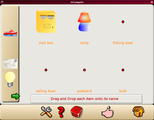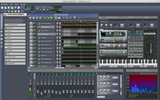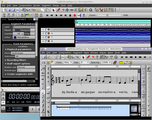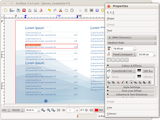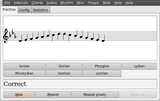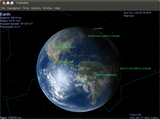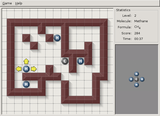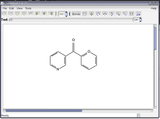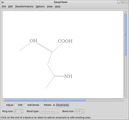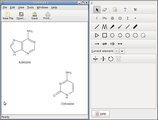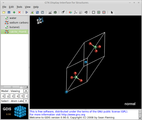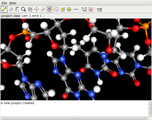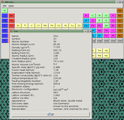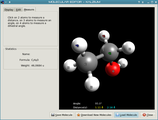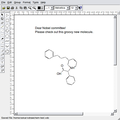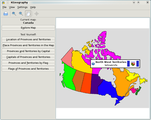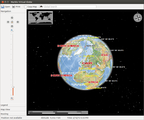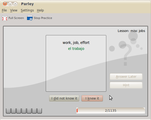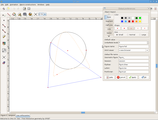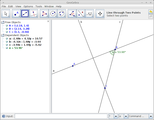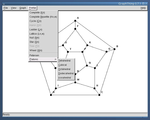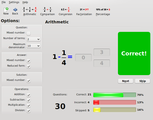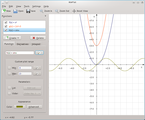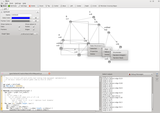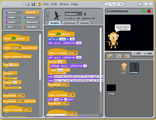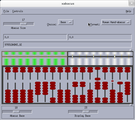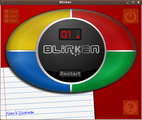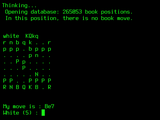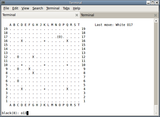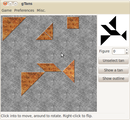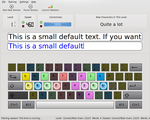Today I switched to +my +new laptop. I've previously written about the problems I had with +my new Thinkpad X230, which was delivered with an +180 +GB Intel SSD disk with Lenovo firmware that did not handle +sustained writes. My hardware supplier have been very forthcoming in +trying to find a solution, and after first trying with another +identical 180 GB disks they decided to send me a 256 GB Samsung SSD +disk instead to fix it once and for all. The Samsung disk survived +the installation of Debian with encrypted disks (filling the disk with +random data during installation killed the first two), and I thus +decided to trust it with my data. I have installed it as a Debian Edu +Wheezy roaming workstation hooked up with my Debian Edu Squeeze main +server at home using Kerberos and LDAP, and will use it as my work +station from now on.
+ +As this is a solid state disk with no moving parts, I believe the +Debian Wheezy default installation need to be tuned a bit to increase +performance and increase life time of the disk. The Linux kernel and +user space applications do not yet adjust automatically to such +environment. To make it easier for my self, I created a draft Debian +package ssd-setup to handle this tuning. The +source +for the ssd-setup package is available from collab-maint, and it +is set up to adjust the setup of the machine by just installing the +package. If there is any non-SSD disk in the machine, the package +will refuse to install, as I did not try to write any logic to sort +file systems in SSD and non-SSD file systems.
+ +I consider the package a draft, as I am a bit unsure how to best +set up Debian Wheezy with an SSD. It is adjusted to my use case, +where I set up the machine with one large encrypted partition (in +addition to /boot), put LVM on top of this and set up partitions on +top of this again. See the README file in the package source for the +references I used to pick the settings. At the moment these +parameters are tuned:
+ +-
+
+
- Set up cryptsetup to pass TRIM commands to the physical disk + (adding discard to /etc/crypttab) + +
- Set up LVM to pass on TRIM commands to the underlying device (in + this case a cryptsetup partition) by changing issue_discards from + 0 to 1 in /etc/lvm/lvm.conf. + +
- Set relatime as a file system option for ext3 and ext4 file + systems. + +
- Tell swap to use TRIM commands by adding 'discard' to + /etc/fstab. + +
- Change I/O scheduler from cfq to deadline using a udev rule. + +
- Run fstrim on every ext3 and ext4 file system every night (from + cron.daily). + +
- Adjust sysctl values vm.swappiness to 1 and vm.vfs_cache_pressure + to 50 to reduce the kernel eagerness to swap out processes. + +
During installation, I cancelled the part where the installer fill +the disk with random data, as this would kill the SSD performance for +little gain. My goal with the encrypted file system is to ensure +those stealing my laptop end up with a brick and not a working +computer. I have no hope in keeping the really resourceful people +from getting the data on the disk (see +XKCD #538 for an explanation why). +Thus I concluded that adding the discard option to crypttab is the +right thing to do.
+ +I considered using the noop I/O scheduler, as several recommended +it for SSD, but others recommended deadline and a benchmark I found +indicated that deadline might be better for interactive use.
+ +I also considered using the 'discard' file system option for ext3 +and ext4, but read that it would give a performance hit ever time a +file is removed, and thought it best to that that slowdown once a day +instead of during my work.
+ +My package do not set up tmpfs on /var/run, /var/lock and /tmp, as +this is already done by Debian Edu.
+ +I have not yet started on the user space tuning. I expect +iceweasel need some tuning, and perhaps other applications too, but +have not yet had time to investigate those parts.
+ +The package should work on Ubuntu too, but I have not yet tested it +there.
+ +As for the answer to the question in the title of this blog post, +as far as I know, the only solution I know about is to replace the +disk. It might be possible to flash it with Intel firmware instead of +the Lenovo firmware. But I have not tried and did not want to do so +without approval from Lenovo as I wanted to keep the warranty on the +disk until a solution was found and they wanted the broken disks +back.
+

